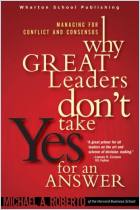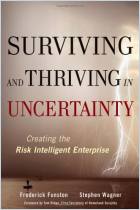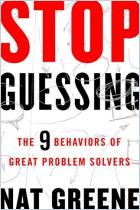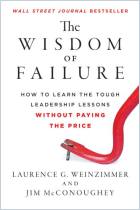
Know What You Don't Know
How Great Leaders Prevent Problems Before They Happen
Recommendation
Sir Winston Churchill, Great Britain’s intrepid prime minister during World War II, was an amazingly perceptive leader. He was one of the first to warn of the military threat Germany posed prior to both world wars. How did he know? He routinely sought out rank-and-file members of the British military and low-level English government bureaucrats to find the truth. In the same way, you should dig deeply into your organization for unbiased, accurate information so you can detect problems before they turn into disasters. In his case-filled, albeit pretty much one-note, book, management professor Michael A. Roberto explains why finding problems is harder than solving them. He shows how danger hidden beneath the surface can present the greatest peril to your company. getAbstract recommends Roberto’s engaging book to managers at all levels. Spot those icebergs before they sink your business.
Summary
About the Author
Michael A. Roberto is a management professor at Bryant University in Smithfield, Rhode Island. He is an expert on strategic decision making and senior management teams.



















Comment on this summary or Iniciar a Discussão